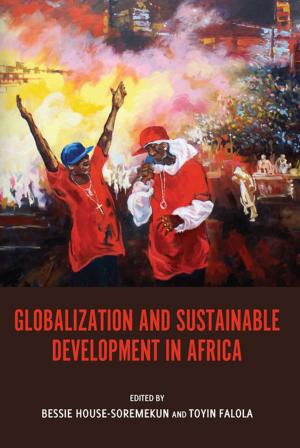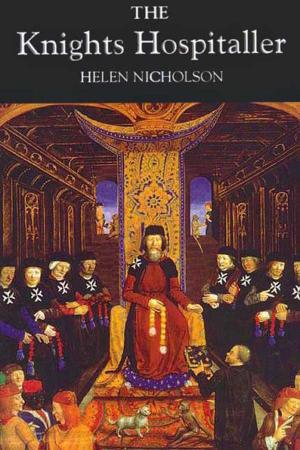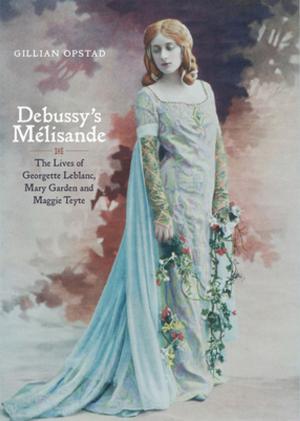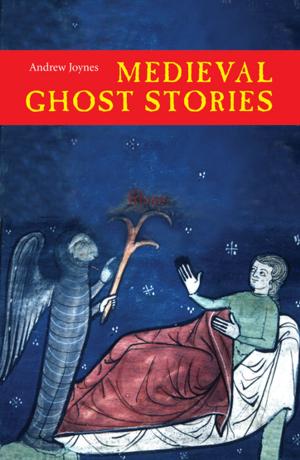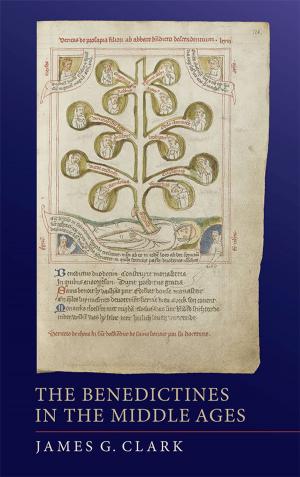Medieval Clothing and Textiles 10
Nonfiction, History, Western Europe, Art & Architecture, General Art, Graphic Art & Design, General Design, Medieval| Author: | ISBN: | 9781782042914 | |
| Publisher: | Boydell & Brewer | Publication: | April 17, 2014 |
| Imprint: | Boydell Press | Language: | English |
| Author: | |
| ISBN: | 9781782042914 |
| Publisher: | Boydell & Brewer |
| Publication: | April 17, 2014 |
| Imprint: | Boydell Press |
| Language: | English |
The usual wide range of approaches to garments and fabrics appears in this tenth volume. Three chapters focus on practical matters: a description of the medieval vestments surviving at Castel Sant'Elia in Italy; a survey of the spread of silk cultivation to Europe before 1300; and a documentation of medieval colour terminology for desirable cloth. Two address social significance: the practice of seizing clothing from debtors in fourteenth-century Lucca, and the transformation of the wardrobe of Margaret Tudor, daughter of King Henry VII, upon her marriage to the king of Scotland. Two delve into artistic symbolism: a consideration of female headdresses carved at St Frideswide's Priory in Oxford, and a discussion of how Anglo-Saxon artists used soft furnishings to echo emotional aspects of narratives. Meanwhile, in an exercise in historiography, there is an examination of the life of Mrs. A.G.I. Christie, author of the landmark Medieval English Embroidery. Robin Netherton is a professional editor and a researcher/lecturer on the interpretation of medieval European dress; Gale R. Owen-Crocker is Professor of Anglo-Saxon Culture at the University of Manchester.BR> Contributors: Michelle L. Beer, Elizabeth Coatsworth, Valija Evalds, Christine Meek, Maureen C. Miller, Christopher J. Monk, Lisa Monnas, Rebecca Woodward Wendelken
The usual wide range of approaches to garments and fabrics appears in this tenth volume. Three chapters focus on practical matters: a description of the medieval vestments surviving at Castel Sant'Elia in Italy; a survey of the spread of silk cultivation to Europe before 1300; and a documentation of medieval colour terminology for desirable cloth. Two address social significance: the practice of seizing clothing from debtors in fourteenth-century Lucca, and the transformation of the wardrobe of Margaret Tudor, daughter of King Henry VII, upon her marriage to the king of Scotland. Two delve into artistic symbolism: a consideration of female headdresses carved at St Frideswide's Priory in Oxford, and a discussion of how Anglo-Saxon artists used soft furnishings to echo emotional aspects of narratives. Meanwhile, in an exercise in historiography, there is an examination of the life of Mrs. A.G.I. Christie, author of the landmark Medieval English Embroidery. Robin Netherton is a professional editor and a researcher/lecturer on the interpretation of medieval European dress; Gale R. Owen-Crocker is Professor of Anglo-Saxon Culture at the University of Manchester.BR> Contributors: Michelle L. Beer, Elizabeth Coatsworth, Valija Evalds, Christine Meek, Maureen C. Miller, Christopher J. Monk, Lisa Monnas, Rebecca Woodward Wendelken

